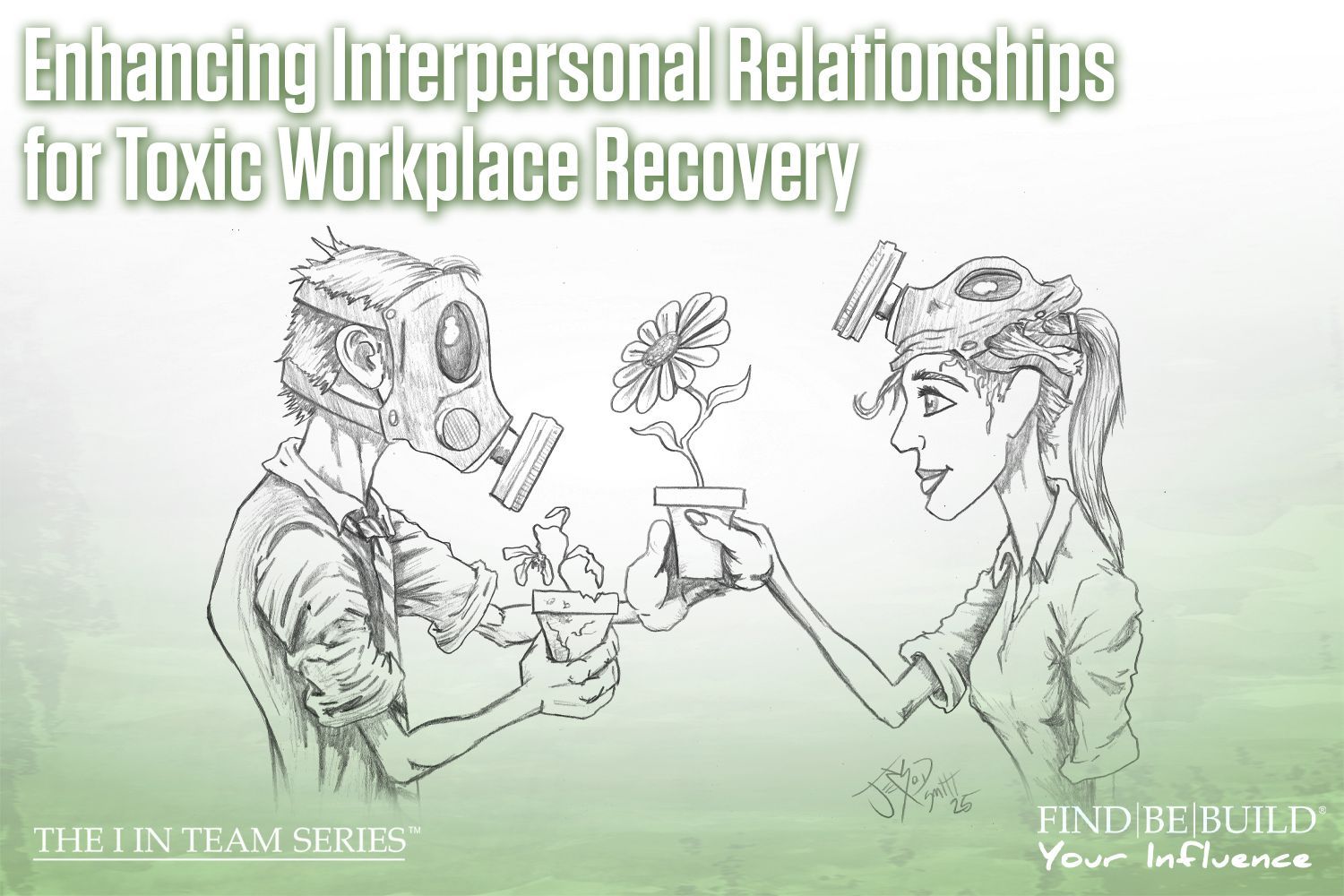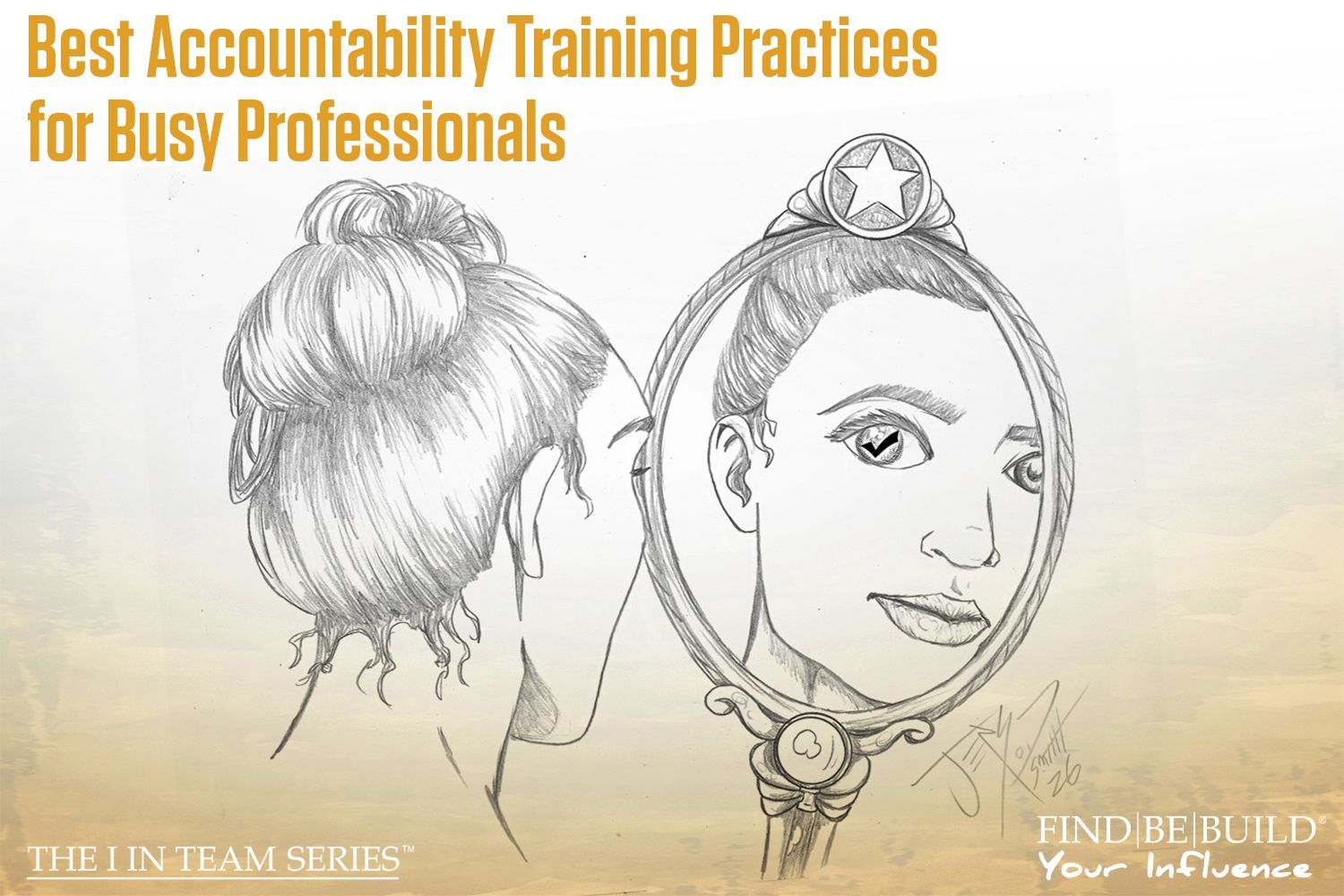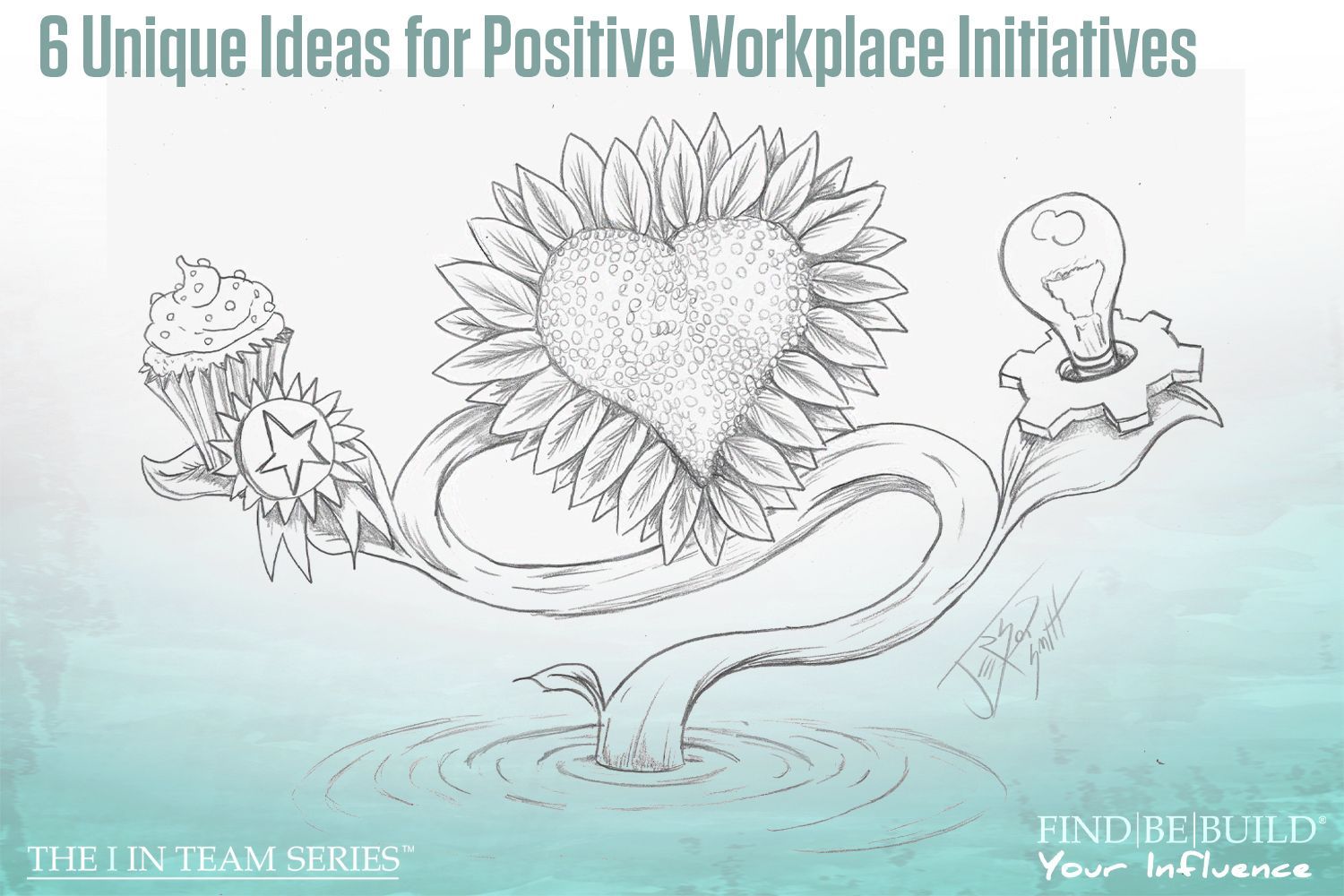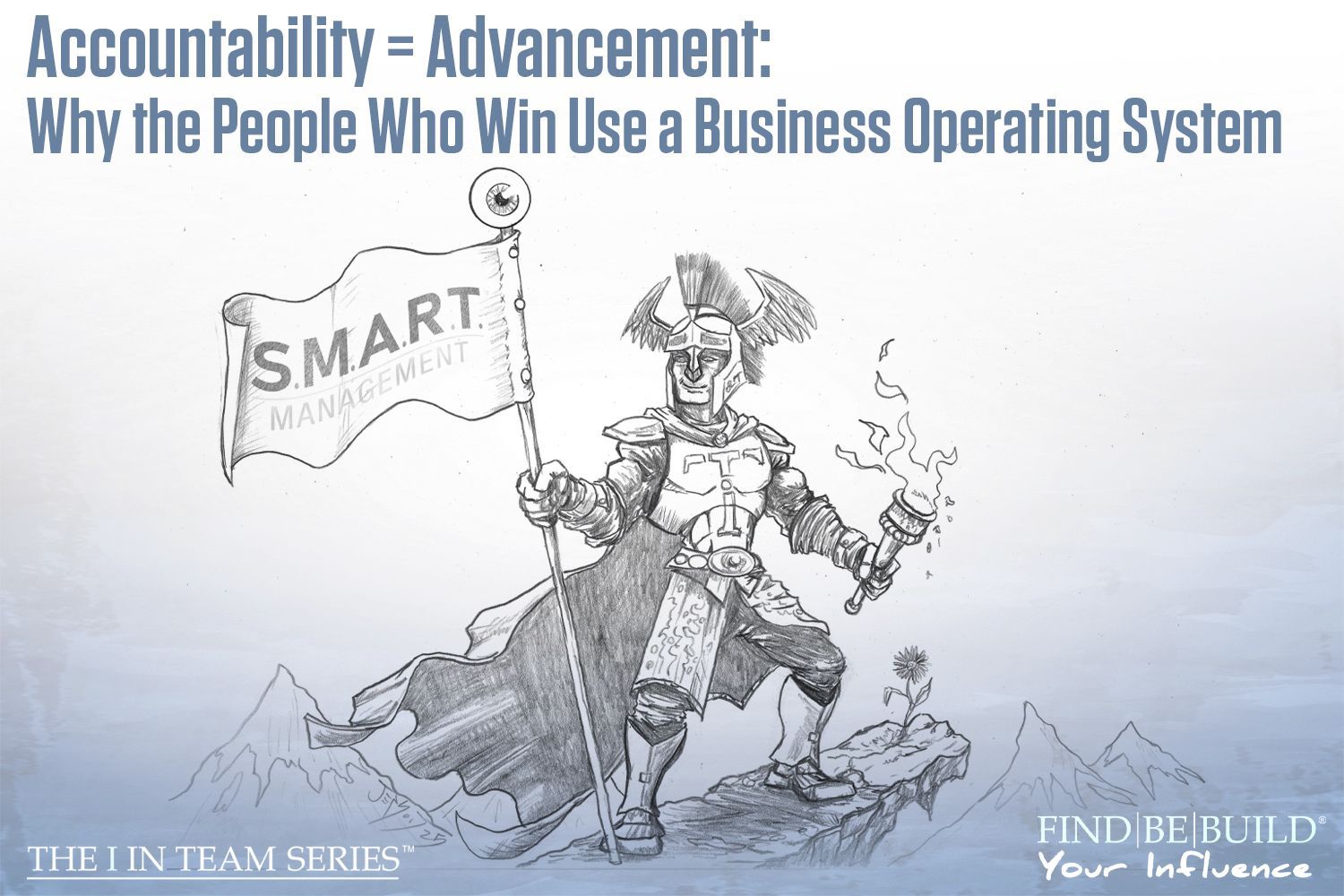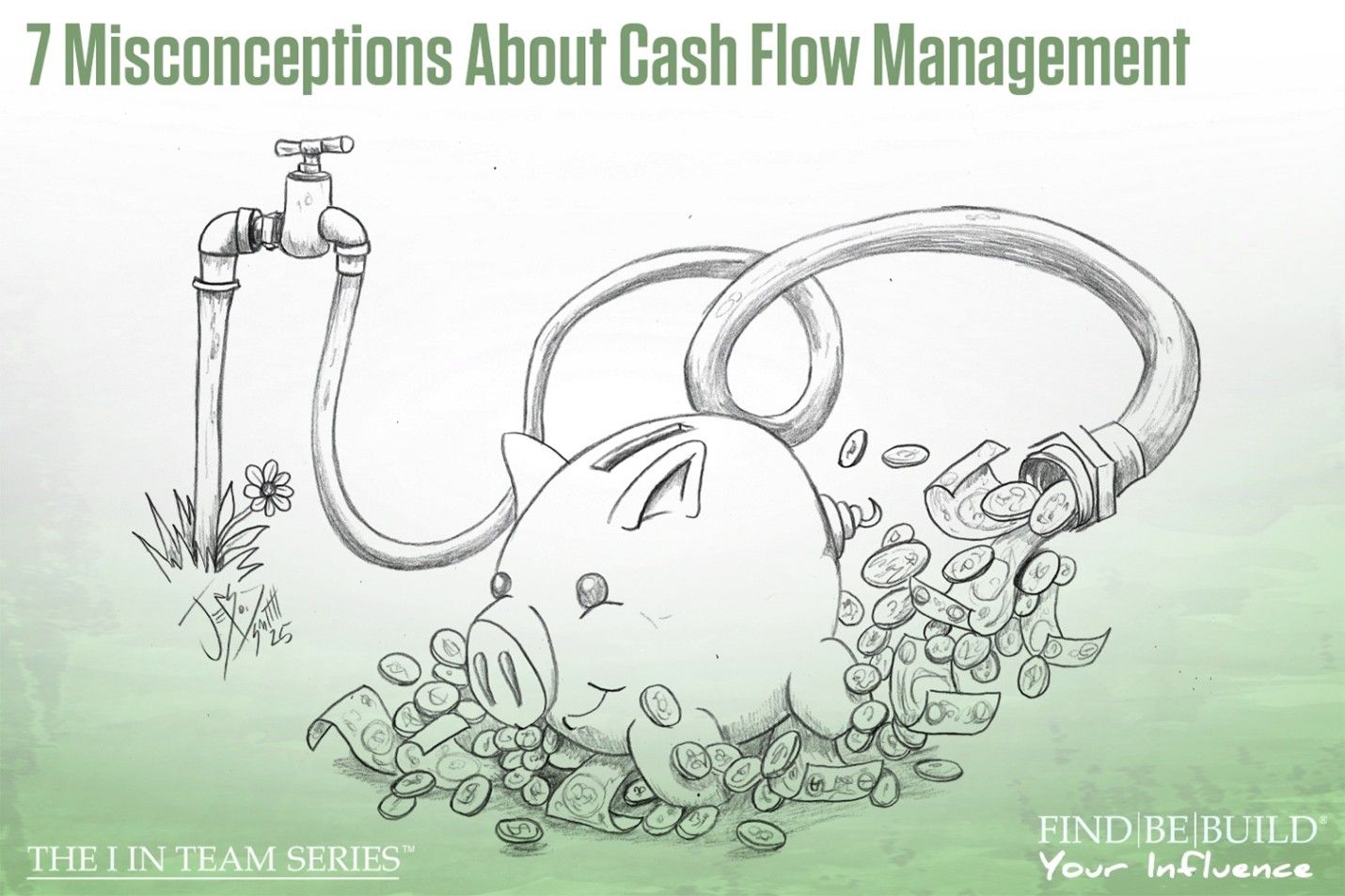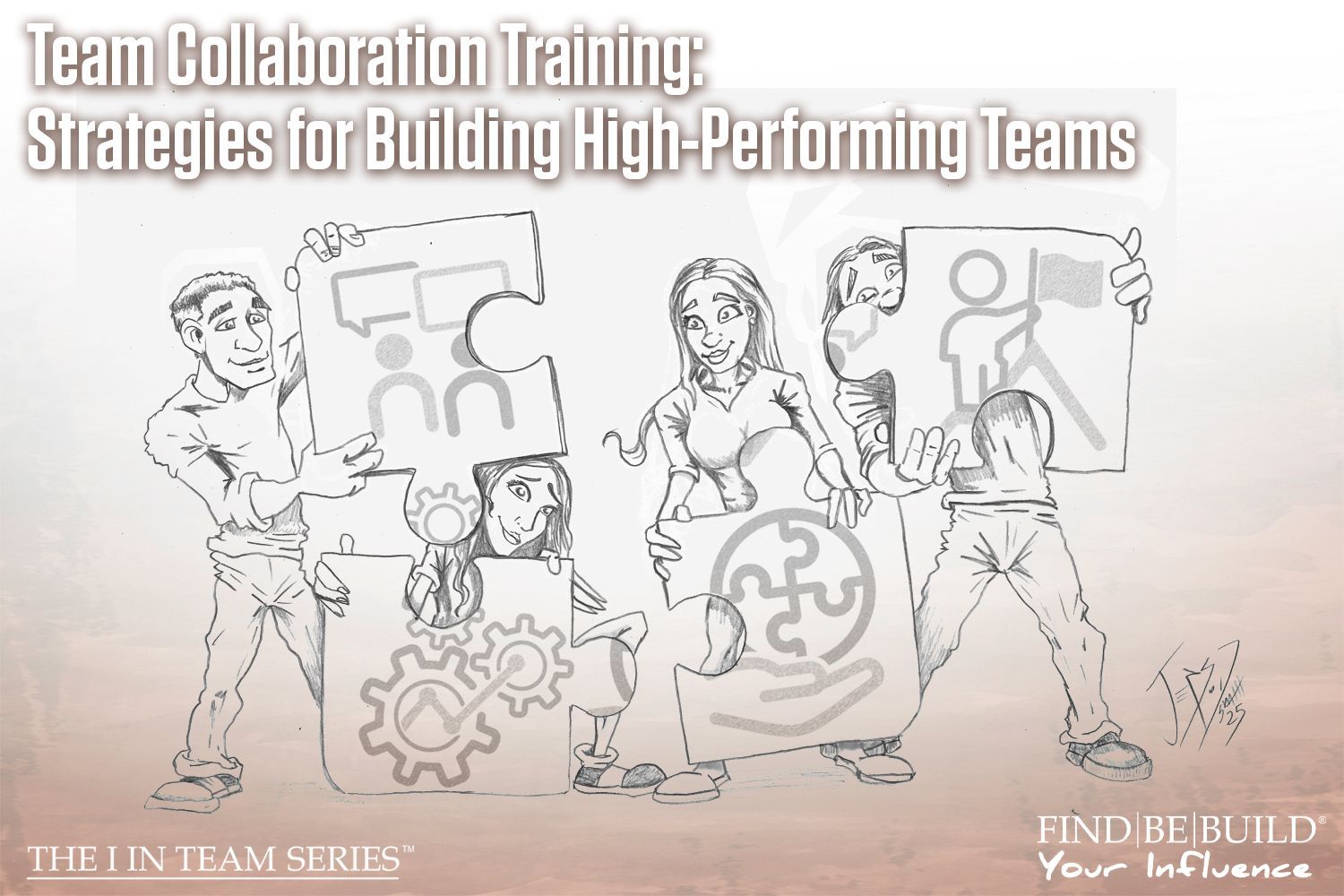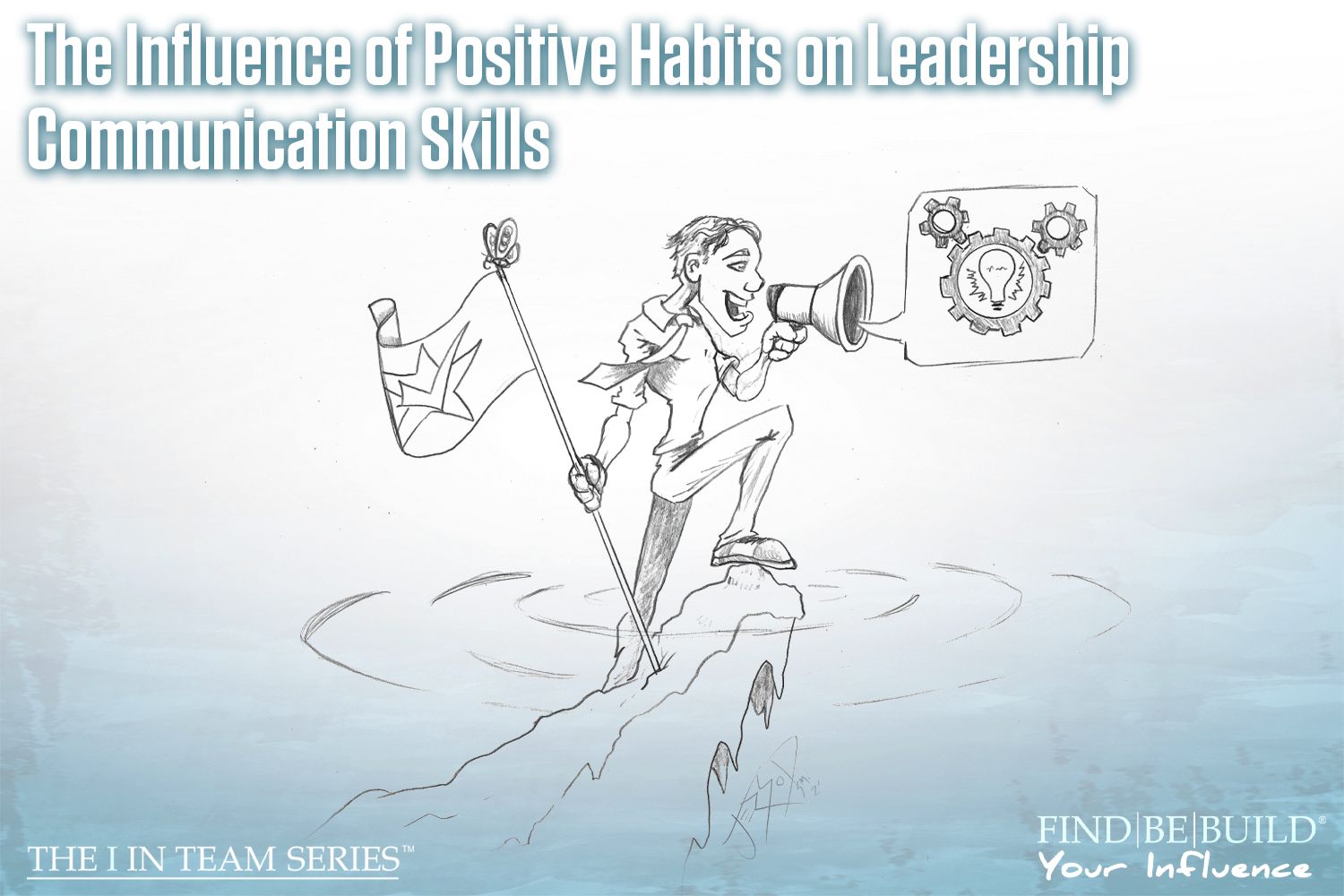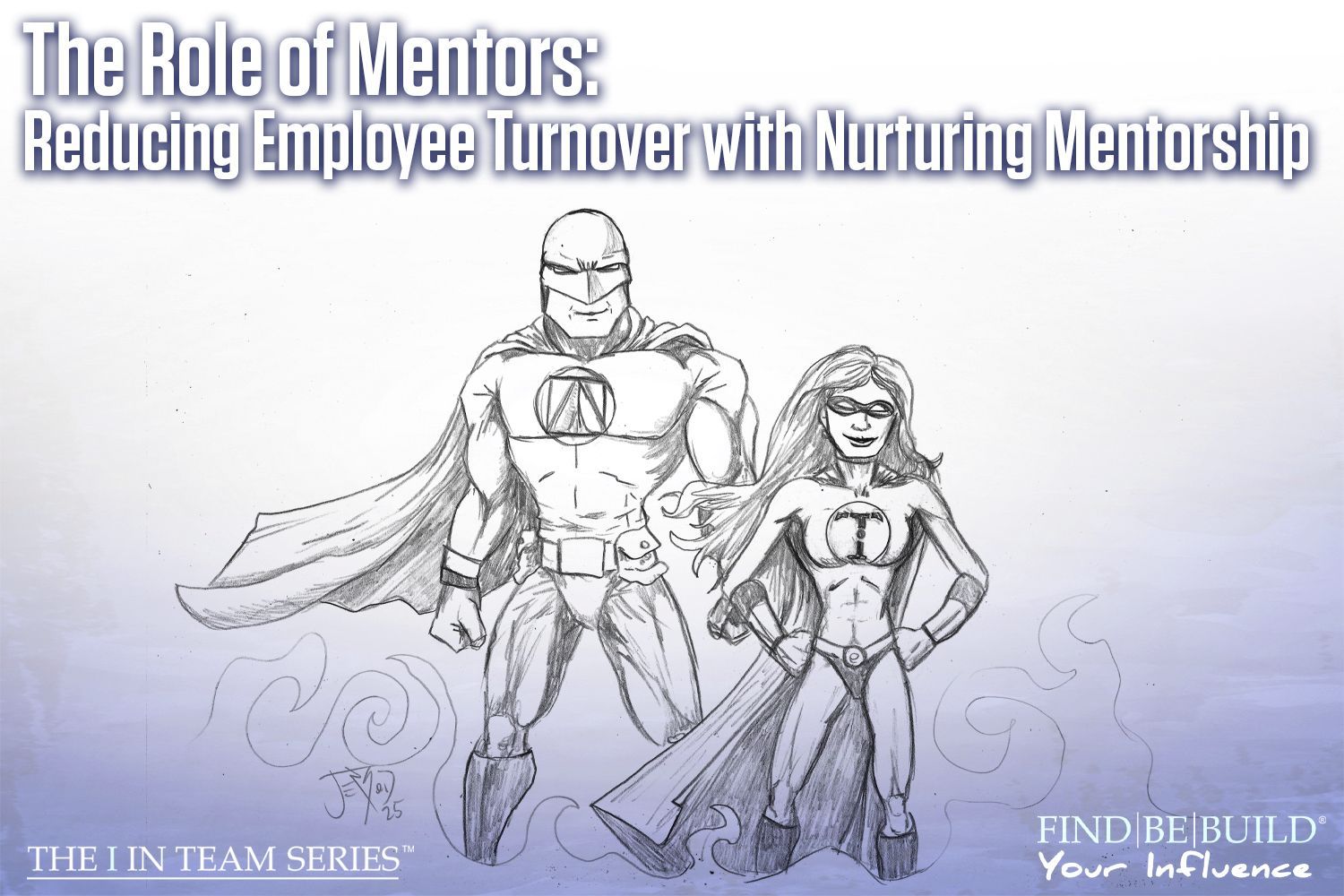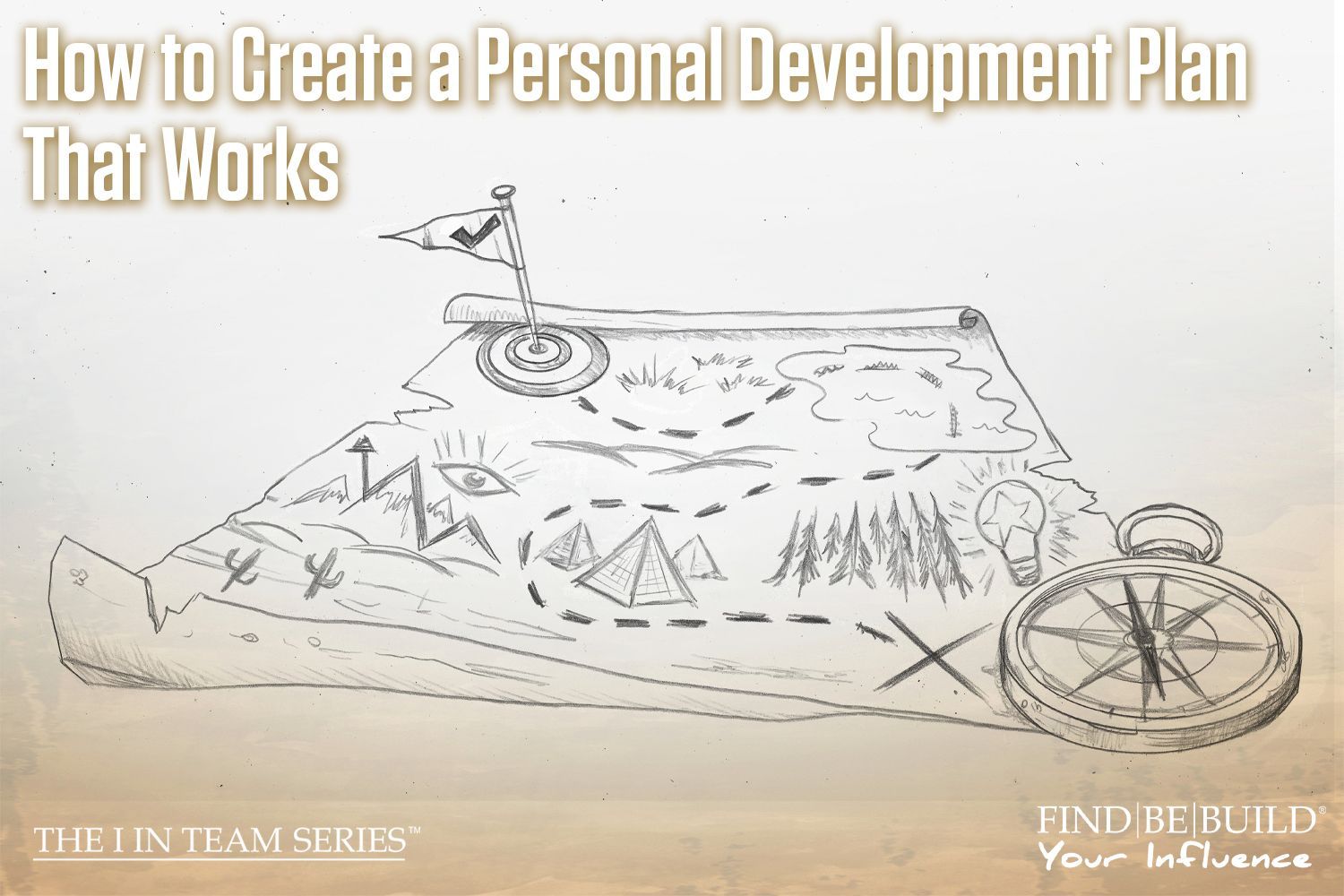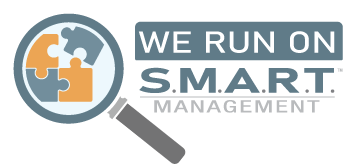Fixed vs Growth Mindset
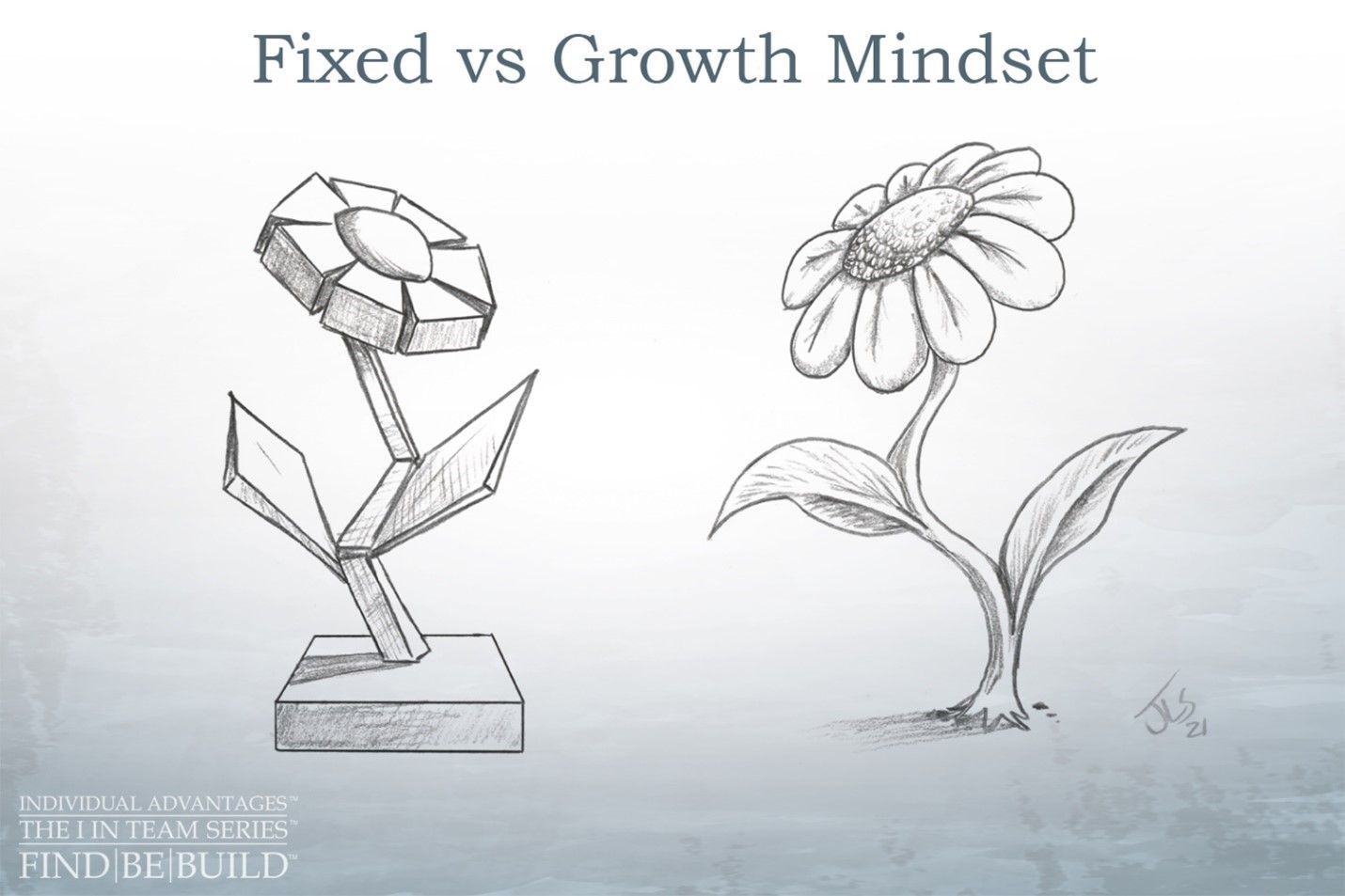
Growth mindset in business consulting
Hi, team! It’s your friend, Mary, with The I in Team series where you can find, be, and build your positive influence. I have mentioned a few times in past blogs fixed versus growth mindsets and it seems to be a topic that many people are curious about (which is awesome!). At The I in Team series, we strongly value a growth mindset and believe that a growth mindset is imperative to securing your positive influence.
The growth and fixed mindsets are terms coined by Stanford psychologist, Dr. Carol Dweck, who studies human motivation through psychology and sociology. Her book, Mindset: The New Psychology of Success, expands upon her theory of the growth versus fixed mindset. The brain is just like any other muscle in the body; it can be grown and developed with some patience, hard work, and mindfulness. However, if you convince yourself that you cannot grow your mind, then you won’t.
Fixed Mindset
Those who experience a fixed mindset believe that they cannot grow. They believe their abilities and intelligence are stagnant; essentially, that we are born with what we have, and we can’t do anything about it. A fixed mindset becomes a vicious cycle, one that is difficult, but certainly not impossible, to break. There are several factors at play in this cycle. It starts with the belief that you cannot grow, learn, or develop. Enter: Confirmation Bias. Once you believe something, your mind will look for information to confirm that belief and reject information that doesn’t fit. So, anytime someone with a fixed mindset fails or doesn’t live up to their or others’ expectations, their minds reaffirm that they cannot grow, learn, or develop. This pushes those experiencing a fixed mindset further into this belief.
Another reason confirmation bias plays such a huge role in the fixed mindset is because those who have a fixed mindset put limitations on themselves. They develop learned helplessness because of this belief. They cannot recognize their own deficiencies, meaning they cannot correct them. You would need to believe that you can learn and grow to correct behavior, so those experiencing a fixed mindset cannot even admit to themselves that they have faults because that would require them to do something about it.
Qualities of the Fixed Mindset
Below are some qualities of those who are currently experiencing a fixed mindset:
• Believes that failure is an end
• Very resistant to change
• Rejects new ideas immediately
• Views feedback and criticism as a personal attack
• Less likely to take creative risks and be innovative
• Avoids problems out of fear of failure
• Documents and attaches self to past achievements without striving for new ones
• Lacks open-hearted kindness, meaning they feel that encouraging others to succeed or be happy could make themselves look bad in comparison, so they avoid empowering others or being genuinely happy for their success
Growth
Those who are experiencing a growth mindset are, essentially, the opposite to those who are experiencing a fixed mindset. These are the individuals who believe, and know, that they can grow, learn, and develop. They recognize the brain as a muscle that can be worked. When individuals experience a growth mindset, they believe that they can master any skill or talent as long as they put in the effort to do so. Like the fixed mindset, confirmation bias plays a huge role here as well. When individuals believe that they can grow, learn, and develop continually throughout their entire lifetime—no matter their age, abilities, talents, skills, or intelligence—they perpetuate this belief through confirmation bias.
When those who experience a growth mindset fail, they view it as an opportunity to learn and try again. They do not become discouraged or use negative self-talk to bring themselves down. They uplift themselves, and through their confirmation bias they solidify their belief that they can grow, learn, and develop. Individuals who have a growth mindset make excellent leaders as they are the ones who are continually working on themselves and their positive influence. They know that they cannot be their best influence if they believe that they cannot grow. Additionally, those who experience a growth mindset believe that others can grow too, often encouraging others to take on challenges, fail, view things in different lights, and develop themselves.
Qualities of the Growth Mindset
Below are some qualities of those who are currently experiencing a growth mindset:
• Believes that effort can cultivate new intelligence, skills, and talents
• Views failure as an opportunity
• More likely to take creative risks and innovate
• Embraces problems as opportunities to learn
• Views feedback as a chance to improve
• Views life as an exciting journey for continuous growth and practice
• Has open-hearted kindness, meaning they encourage others to succeed and find happiness while feeling genuine happiness for another person’s success and happiness
Switching Between Fixed and Growth Mindsets
It is absolutely possible to switch between these mindsets. While it is less likely for those who have a growth mindset to switch to a fixed mindset, it is possible. There are circumstances in life that could lead someone to break a belief in themselves and stop growing, learning, and developing. More likely is that someone would switch from a fixed mindset to a growth mindset. The tricky part is that nobody can do this except for the individual. By this, I mean that those who are experiencing a fixed mindset will need to muster up the courage to face their ego and say they are wrong to believe that they cannot grow, learn, and develop. Developing positive self-talk will be imperative to moving from a fixed to a growth mindset. Those with a growth mindset can help those experiencing a fixed mindset by providing guidance, insight, and encouragement, but until those experiencing the fixed mindset change their own internal self-talk, they won’t change. It all starts with you and only you have the power to change yourself and your mind.
Conclusion
Our world is full of individuals experiencing either a fixed or growth mindset. I’ll leave it to you to decide which is better, but I certainly know which I think is better to perpetuate a positive influence. At The I in Team series, we believe that cultivating the most positive experience for yourself and those around you includes believing in yourself and encouraging others. If you don’t believe in yourself, you’re tearing yourself down. If you don’t encourage others, you harbor feelings of resentment. These do not put any positivity into our world. You deserve to enjoy life, to laugh at mistakes, and to get to know yourself and how far you can go. Aristotle once said, “Knowing yourself is the beginning of all wisdom.” If you don’t allow yourself to grow, how can you truly know yourself?
